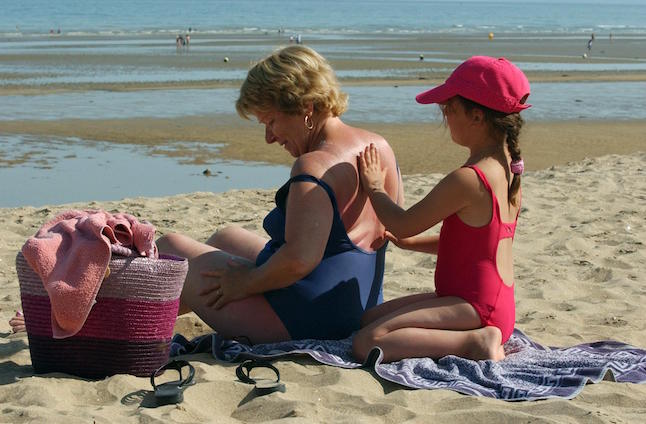The first recorded use of the expression Cucumber Time hails from around the year 1700. It was ‘the time of year when tailors could not be expected to earn much money.’ Because ‘when cucumbers are in, the gentry are out of town’.
So what it means is the dull time of year when orders are few, work is slack and tailors have time to themselves.
These days the phrase is still in use to indicate the period of high summer, when the news dries out and the media has to look near and far to fill their pages with content.
It seems that this year the Swedish press has found a story in the expenses and representation costs of government officials and civil servants.
For days the headlines have been dominated by scandals of ministers, director generals and other public officials and their reckless spending of the hard earned kronor, so generously paid to them by the general public.
Christina Lugnet, the beleaguered former head of the Agency for Economic and Regional Growth (Tillväxtverket) was quickly sacrificed in an attempt to appease the media but since that first victory on the battlefield of integrity, it seems the press is only baying for more.
Of course Ms Lugnet made a big mistake. This, however, was not to throw a party for her employees at Stockholm’s Grand Hotel, an obviously questionable choice of venue. Her mistake was trying to cover it up and persisting in her opinion that it was the cheapest option available. One can say many things about the Grand, but never that it is the cheapest option.
But what is really the “cheapest option”?
Sometimes the best price on the invoice is not the best option for the long term general interest and today’s cheap might be costly tomorrow!
A Swedish minister or civil servant missing an informal dinner the night before official negotiations because he/she has to take the cheapest flight out, can have serious consequences for the national interest. Being the only delegation that stays at the cheap airport hotel when all the others are in town can be equally harmful.
So what a relief it would be to hear a minister or director general simply defend the choices they have made. To hear a leader stand up for his employees and tell the media that civil servants are people too.
That they, just like private sector employees, have a right to an employer that treats them with dignity and applauds their accomplishments. That civil servants, like all others, work harder when they are well-motivated and the atmosphere in the organization is good and that this in turn saves on costs. That the money their staff has saved by making cuts and efficiency improvements in the last few years far outweighs the costs of an internal dinner or event to celebrate this success.
But no. Like dogs being whipped, the guilt-ridden politicians put their tails between their legs and make the rules, procedures and internal regulations for representational events even tighter. So that when the next salvo of media shots come they can blame it on their staff for breaking the rules.
There can be no doubt that true misuse of tax payers’ money needs to be addressed, combated and followed by serious consequences. But in the large scale of world events, perhaps it is time to redefine the word “misuse”.
To recognize the public sector for what it is: a sector like any other where most people work hard with dedication, commitment and integrity. But without the bonuses, thirteenth month pay or stock options.
And that in a country that is 4th out of 183 in the Corruption perceptions index of Transparency International, the media should be able to find bigger fish to fry.
Even during ‘Cucumber Time’.
Ruben Brunsveld
Ruben Brunsveld is the Director of the Stockholm Institute for Public Speaking (StIPS), which offers training in Intercultural Communication, Public Speaking & Negotiation Techniques



 Please whitelist us to continue reading.
Please whitelist us to continue reading.
Member comments